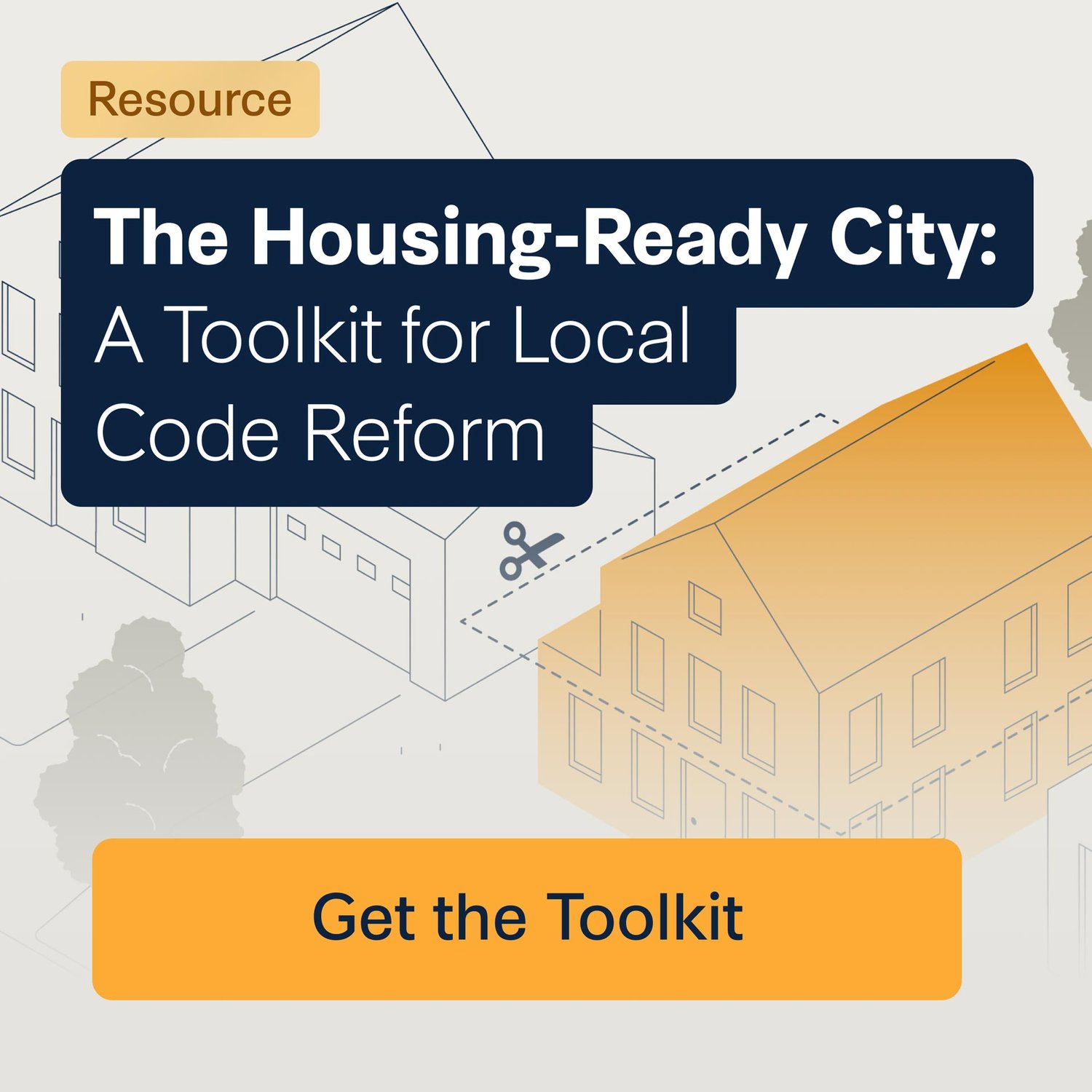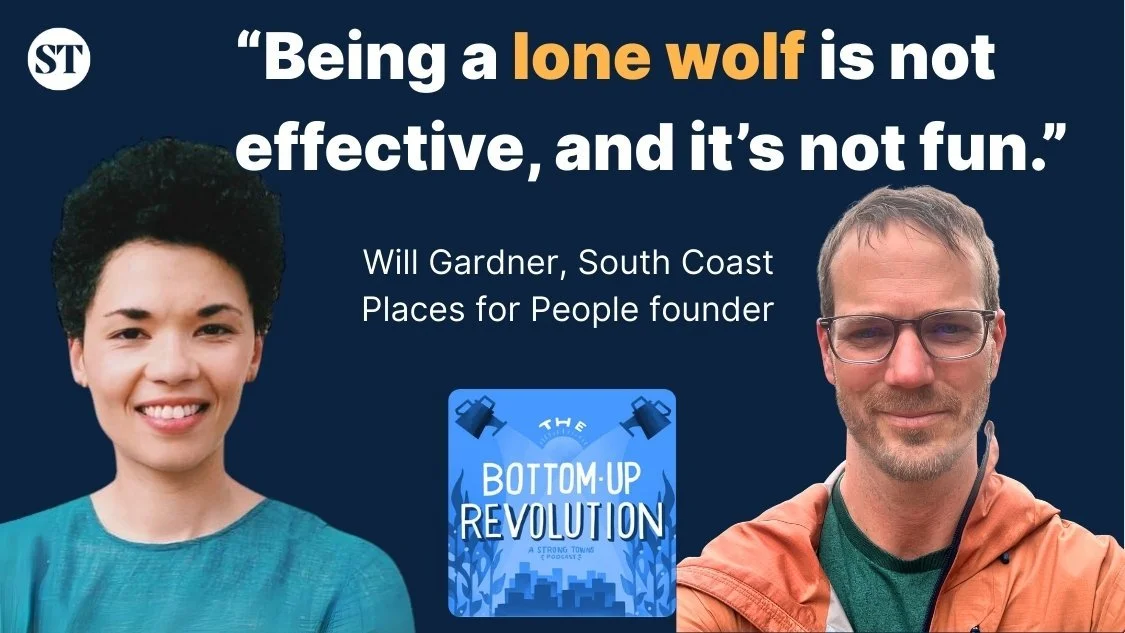Can Loosening Parking Rules Unlock Madison’s Missing Middle?
What do expensive rent, stalled construction projects, and endless parking lots have in common? In cities like Madison, Wisconsin, it all comes down to a rule that often flies under the radar: mandatory parking minimums.
“We’re not a nonprofit, we’re not a lobbying group. We’re just a community group with a shared vision for a better Madison,” said Mike Tarby, a member of Strong Towns Madison, in a recent interview with WORT-FM. That vision? A more affordable, people-focused city—and a big part of getting there means rethinking how much space (and money) we dedicate to car storage.
Parking: Not Free. Not Even Close.
Most of Madison’s neighborhoods currently require one off-street parking space per home. For businesses, the math can get even weirder—like having to add parking based on square footage or even the number of chairs in a restaurant.
The problem, Tarby explains, is that these blanket requirements don’t actually reflect what property owners need—or what they can afford. It means café owners can’t, by right, build an extension without also building extra parking. It’s not just a nuisance. Sometimes there’s literally no room to add parking without bulldozing something else.
And when parking is built, the cost is huge. A single surface parking spot can cost $10,000 to construct. Add a garage or go underground and you’re easily looking at $40,000 or more per space. Those costs get passed along—whether you’re a tenant who doesn’t even own a car, a small-scale developer trying to build modest housing, or a business owner just trying to address growing demand.
Madison isn’t starting from scratch here. The city lifted parking mandates downtown several years ago. But the rest of the city is still governed by old rules, and Tarby believes it’s time to modernize.
“These requirements restrict the options of the property owner or the business owner to make the decisions that they feel are best for their client base or for their future residents,” he explained. “And that has downstream effects for those residents or that client base.”
Some worry that ditching mandates will clog up neighborhood streets. Tarby doesn’t deny that’s a consideration, but he urges people to weigh the tradeoffs. Currently, this blanket policy comes at the cost of housing, of affordability, of what kind of city we’re building for the next generation, he told WORT-FM.
Filling in What’s Missing
Madison is expected to grow by more than 100,000 people in the next 25 years. Tarby wants to make sure that growth doesn’t just spill outwards in the form of detached homes on the edge of town and high-rises in the core. What’s missing, he says, is everything in between: duplexes, triplexes, small homes and cottage courts—the kinds of housing that used to be common but are now banned or buried under red tape.
“I can see a future Madison filled with older housing styles that aren’t allowed under current city zoning,” he said. “We’d like to bring a lot of those back.”
The connection between housing and transportation is hard to miss. Requiring car parking everywhere leads to more driving, more spread-out development, and more dangerous roads. Tarby knows this firsthand—he mentioned a friend recently put in a coma by a car crash. “When we reduce our dependency on cars, we give folks the ability to travel safely via other means,” he said. “And with regards to parking, not everyone drives. Not everyone needs a space.”
Where Does Your City Stand?
Madison’s leaders are already looking into reevaluating parking mandates in the coming year. If they follow through, it would be a big step toward making the city more affordable and resilient.
If your city has eliminated parking minimums, you’ve already checked off one item on the Housing-Ready Checklist. If your community has also made it easier to build backyard cottages or reduced minimum lot sizes, you’re well on your way. Want to see if your city is on the map—or find out what’s next?






